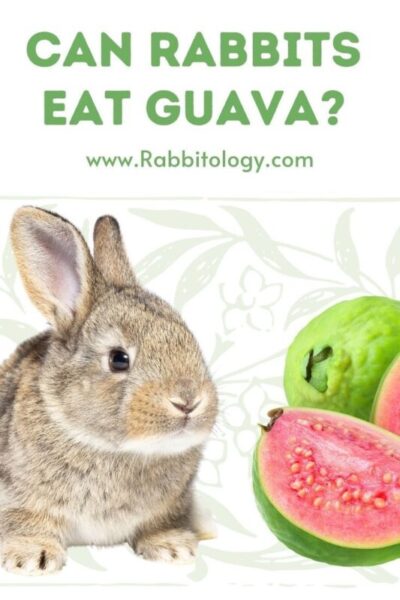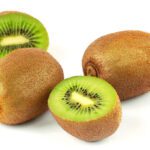
Rabbits are adorable, herbivorous creatures that enjoy a varied diet. A balanced diet with fruits, vegetables, hay, and pellets is essential for their health and well-being. When introducing new fruits to their diet, it’s crucial to ensure they are safe and offer nutritional benefits. One such fruit that may catch your attention is guava. In this article, we’ll explore the question, “can rabbits eat guava?” and its potential health benefits.
Yes, guava is safe for rabbits when offered in moderation. The fruit’s natural sweetness may appeal to rabbits, but it’s essential to remember that their diet primarily consists of hay. Treats like guava should be given as occasional snacks to prevent overfeeding and potential digestive issues.
Can Rabbits Eat Guava?
Guava is a tropical fruit that can be a healthy addition to your rabbit’s diet. A one-cup (165g) serving of guava provides the following essential nutrients:
- Calories: 112
- Fat: 1.6g
- Sodium: 3.3mg
- Carbohydrates: 23.6g
- Fiber: 8.9g
- Sugars: 14.7g
- Protein: 4.2g
- Vitamin C: 376mg
- Folate: 81mcg
- Potassium: 688mg
Please note that the nutritional values and health benefits mentioned in this article are based on the data provided by the USDA’s FoodData Central for 1 cup (165g) of guava. As with any dietary information, it is essential to consult with a healthcare professional or registered dietitian to tailor your diet to your specific health needs and goals.
Source : Very Well Fit
Guava is exceptionally high in vitamin C, which is crucial for rabbits. Like humans, rabbits cannot synthesize their vitamin C, making it necessary to include it in their diet. The abundant vitamin C in guava helps boost your rabbit’s immune system and promotes overall health.
Guava is an excellent dietary fiber source for a rabbit’s digestive health. Fiber aids in maintaining healthy gut motility and prevents issues like gastrointestinal stasis, a potentially life-threatening condition in rabbits.
Guava has a low glycemic index, making it suitable for rabbits. Foods with a low glycemic index release glucose slowly, preventing sudden spikes in blood sugar levels. This is beneficial for rabbits to avoid any blood sugar imbalances.
Guava contains potassium, which supports heart and muscle function in rabbits. Additionally, it provides other essential minerals necessary for their overall well-being.

Before offering guava to your rabbit, ensure you remove all seeds and pits. These can be potential choking hazards and may cause digestive problems if ingested.
Do so gradually when introducing any new food to your rabbit’s diet, including guava. Sudden changes in their diet can upset their sensitive digestive system.
Observe your rabbit after offering guava for the first time. If you notice any signs of digestive distress, such as diarrhea or lack of appetite, discontinue feeding guava immediately and consult your veterinarian.
FAQs
Yes, rabbits can eat guava skin. The skin can be beneficial for rabbits as it contains the same nutrients as inner flesh.
Guava should be given as an occasional treat in small portions. A few small slices once or twice a week are sufficient.
Baby rabbits, also known as kits, have delicate digestive systems. It’s best to avoid feeding them guava or any other fruits until they are at least three months old.
While allergies in rabbits are rare, it’s essential to watch for any adverse reactions when introducing new foods. If you notice any signs of allergies, such as swelling or difficulty breathing, seek immediate veterinary attention.
Other fruits that rabbits can safely enjoy include apples, strawberries, blackberries, raspberries, and watermelon. Remember to moderate these treats and remove any seeds or pits before serving.
In conclusion, guava can be a safe and nutritious treat for rabbits when offered in moderation. Its high vitamin and mineral content and antioxidant properties can contribute to their overall health and well-being. Remember to remove all seeds and pits, introduce new foods gradually, and monitor your rabbit’s digestive health. A well-balanced diet is crucial for ensuring your beloved furry friend’s happy and healthy life.




